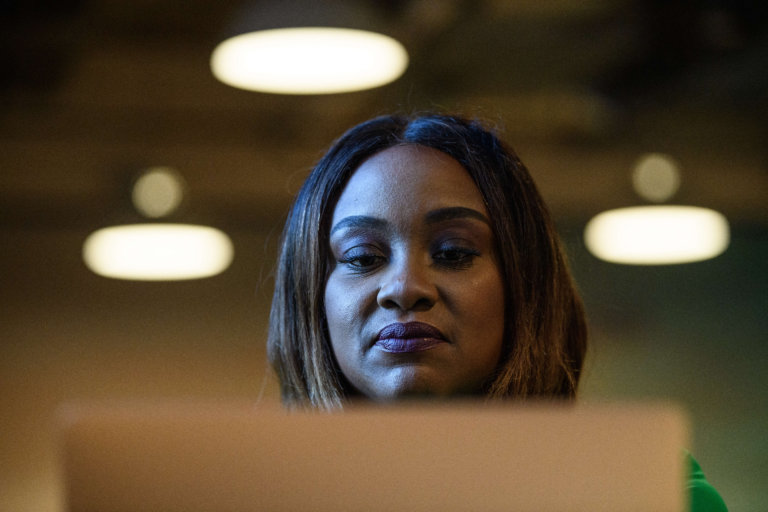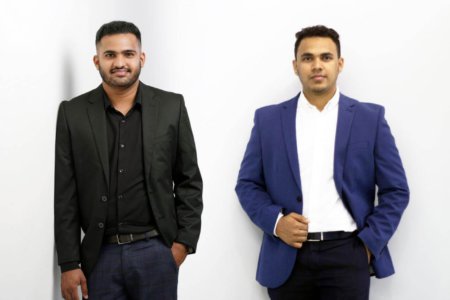
The fear of the unknown can either fuel you to do better or make you want to curl up in a corner and not move. For most student startups, it’s a mix of both because the thought of not being taken seriously or plunging money you don’t have into your new idea is nothing short of terrifying.
College, however, is a great time to launch student startups. This is because it will provide you with more opportunities than doing it later on in life would. In college, you’ll have lots of research-based support, access to experts, a market for your product and (in most cases) an incubator.
An incubator is basically a type of string-free loan offered by unis that companies don’t even have to pay back if they fail — a startup capital if you will. Most of today’s successful entrepreneurs began with student startups so it’s a route to success if you’re willing to work for it. From WordPress, Google, and Time Magazine — all began as student startups
Without further ado, we’ll go on to five of the coolest international student startups of today:
3Dim
Andrea Colaco from South Goa not only earned her graduate, master’s and doctorate degree at MIT but she also won the institute’s US$100,000 entrepreneurship competition for her innovation — 3Dim.
This deserves to be on our list of student startups because of it provides real-time 3D gesture sensing on devices like mobile phones. It employs patented signal processing methods invented at MIT by Colaco.
EarTop Technologies
This was founded by Ketan Rahangdale and Jaiyu Ni, an American and a Chinese student, in 2011. They created the revolutionary product FLOW., a device that plugs into the 3.5mm jack on on any audio device turning them into high fidelity wireless headsets.
Syllabye
There’s Canvas and then there’s Syllabye, an electronic syllabus platform to help students improve how they keep track of work. This was co-founded by Lucas DiPietrantonio, a native New Yorker, who studied in the UK, Hong Kong and Denmark.
Access Corporate Group
After seeing many Australian businesses try to tap into the China market and fail, Livia Wang cofounded Access. It represented and managed Australian and New Zealand brands to bring them to Chinese consumers.
Wang, a Taiwan-born graduate, moved to Australia in 2009 to study at the University of Sydney. Now her startup has more than 2,000 employees and has recently donated 100,000 Australian dollars on behalf of the company to help budding entrepreneurs at the University of Sydney.
The Power of Music
View this post on Instagram
Vladimir Ignatyev, who hails from Moscow and is currently studying law at the University of Londo, cofounded The Power of Music in 2019. Think of it like Tinder but tuned down to music lovers.
This app seeks to form meaningful connections between people based on their shared tastes in music. Last year, the company secured an announced equity fundraising worth 250,000 pounds.










